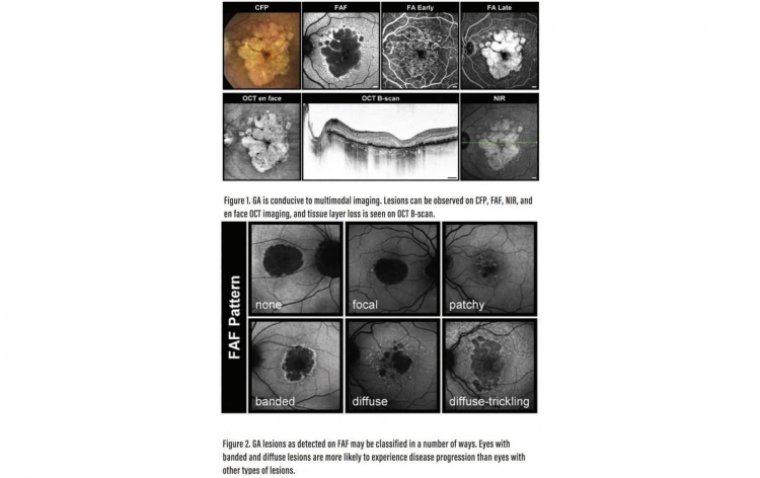
Study Reveals Key Role of ADAM10 in Retinal Disease Development
A new study published in The American Journal of Pathology has uncovered the crucial role of the endothelial cell-specific protein A disintegrin and metalloproteinase domain-containing protein 10 (ADAM10) in regulating abnormal blood vessel growth in the retina, a process that can lead to vision loss or impairment.
ADAM10’s Influence on Pathologic Retinal Neovascularization
ADAM10 is a versatile protein involved in numerous cellular functions, particularly in regulating cell surface protein expression and intercellular communication. While its physiological role in normal blood vessel formation is well-established, its contribution to proliferative retinopathies, where abnormal blood vessel growth is the primary driver of vision loss, remains less understood.
This study specifically examined the impact of endothelial cell-specific ADAM10 and its signaling pathways on pathological neovascularization in the retina. Researchers used an endothelial-specific ADAM10 knockout mouse model (ADAM10i∆EC) to investigate the molecular mechanisms by which ADAM10 influences retinal neovascularization, aiming to identify new therapeutic targets for retinal vascular disorders.
Significant Findings on ADAM10 Activity and Ephrin B2 Regulation
Lead investigator Dr. Nikhlesh K. Singh, from Wayne State University’s Integrative Biosciences Center and Department of Ophthalmology, Visual and Anatomical Sciences, commented on the results. “In this study, we discovered that ADAM10 activity was significantly elevated in the injured retina, and reducing ADAM10 levels or its activity notably slowed the growth, spread, movement, and tube formation of human retinal microvascular endothelial cells,” he said.
Further, elimination of ADAM10 from endothelial cells in mice substantially reduced retinal disease features, including blood vessel leakage, swelling, and new vessel formation.
The researchers also found that ADAM10 regulates levels of Ephrin B2 in endothelial cells. Decreasing Ephrin B2 levels was shown to impact the growth, migration, sprouting, and tube formation of human retinal endothelial cells. Notably, the study observed a significant increase in Ephrin B2 expression in damaged retinas, while removal of ADAM10 from endothelial cells led to a marked reduction in Ephrin B2, indicating ADAM10’s pivotal role in retinal neovascularization through this pathway.
Broader Implications for Treating Retinal Neovascular Disorders
Pathologic retinal neovascularization is a leading cause of vision loss in diseases such as proliferative diabetic retinopathy, retinopathy of prematurity, central retinal vein occlusion, and age-related macular degeneration (AMD). The breakdown of the extracellular matrix by metalloproteinases contributes to vascular complications in these conditions.
Currently, treatment options like anti-VEGF (Vascular Endothelial Growth Factor) therapies are invasive and offer only moderate efficacy. Moreover, as co-investigators Shivantika Bisen and Dr. Purnima Gogoi noted, anti-VEGF agents are associated with risks such as neuronal damage, hypertension, myocardial infarction, stroke, and diabetes, and many patients fail to respond to these therapies.
“Our study shows that targeting ADAM10 or its downstream effectors, such as Ephrin B2, could offer novel strategies for managing or preventing retinal diseases characterized by pathologic neovascularization,” they said.
Moving Toward New Therapeutic Pathways
Dr. Singh concluded, “The human body is a sophisticated and autonomous system, and we, as medical researchers, strive to comprehend the intricacies of its existence and functionality, continually fascinated by its self-sufficiency and resilience. Our study has significant implications for understanding the pathophysiology of hypoxic and/or ischemic retinal diseases and highlights potential therapeutic targets, paving the way for novel treatment strategies beyond current anti-VEGF therapies.”
Reference:
Shivantika Bisen et al, A Disintegrin and Metalloproteinase 10 Regulates Ephrin B2–Mediated Endothelial Cell Sprouting and Ischemic Retinopathy, The American Journal of Pathology (2025). DOI: 10.1016/j.ajpath.2025.03.007
(1).jpg)










